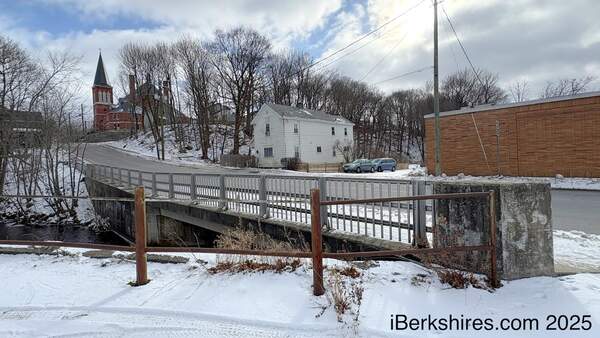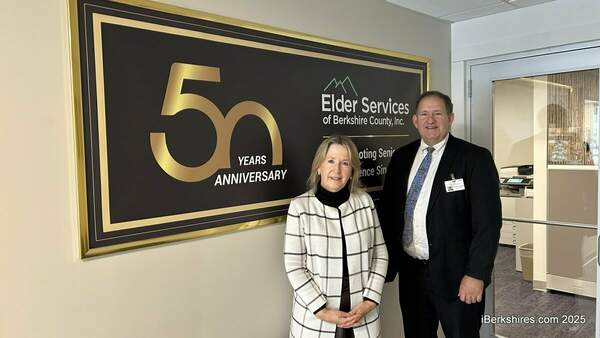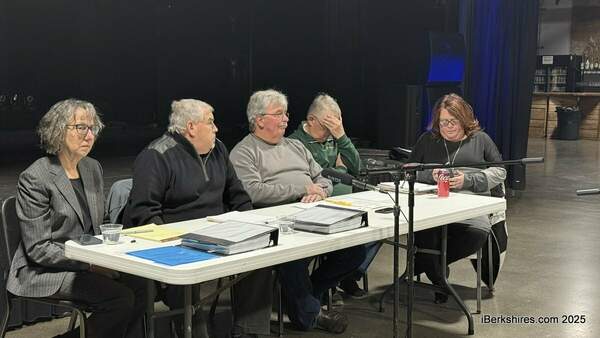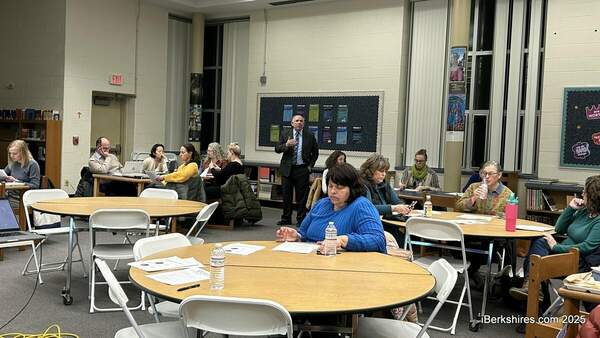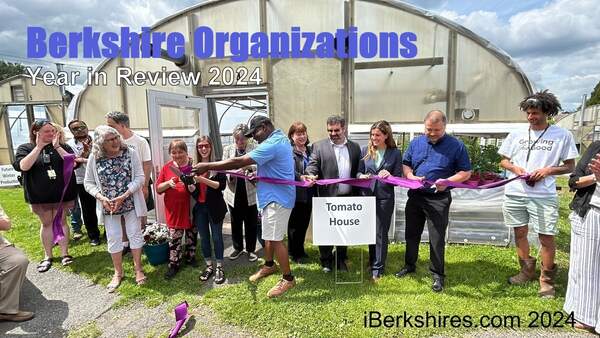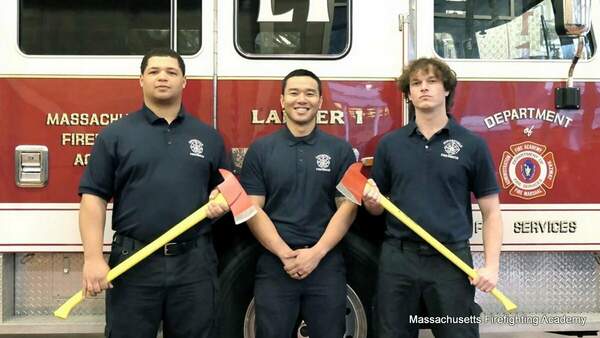DALTON, Mass. — The Select Board seems open to the possibility of merging the Fire District with town government.
The conversation stems from observations Chairman Joseph Diver made at the annual Fire District meeting and from opinions he has heard from residents.
Half of the emergency services comes from the town and half from the Fire District, Diver said at the time, and there are two separate annual meetings for taxation that some residents may not know about.
The board took up discussion on Monday night about the ambulance service, which along with the Fire and Water departments is under the purview of the independent Board of Water Commissioners.
When it comes to investment in those services, residents are seeing a totality budget across all services, not two distinct government meetings or two separate bodies, Diver said.
"Unless you're a resident going to both, you don't have the opportunity to really look at the totality of the impact of taxes," he said.
The town's annual town meeting this year had 99 voters present while the Fire District meeting only had 44, Diver said.
This small percentage of the town is making decisions for the larger population, he said.
Officials had asked Town Clerk Heather Hunt if there was a way to vote for warrant articles remotely or through an absentee ballot for town meetings in an effort to improve participation. Hunt informed them that although those options are available for elections this is not an option for town meetings due to state law. The town meeting form of government must be done in person.
"So, both organizations are growing for good reasons but then how do we kind of look at the totality of the investment decisions," Diver said.
Select Board member Marc Strout said he has heard a rumor that a citizen's petition to come before the town to merge the Water and Fire District with town government.
Regardless of the supposed petition, Strout said he likes the idea of having the district meeting the same night as the annual town meeting.
If the petition is real, Select Board member Dan Esko thought a special town meeting should be held to hear from residents.
Select Board member John Boyle noted that the only way to dissolve the district is by home-rule petition to the Legislature.
Town Manager Tom Hutcheson cautioned the board that if the town did merge with the Fire District it would also absorb the district's liabilities and assets.
Esko asked if there was a document that explains the rationale behind why the district is separate.
According to town history, Dalton experienced rapid growth between 1873 through 1883 to the point that it could not keep up with the demand for water for consumption and fire protection.
A charter creating the district was granted by the Legislature on April 7, 1884, and was accepted by town vote.
The district provides fire protection and supplies water to most the town. This is similar to other communities where districts may also maintain streetlights (left over from when gas lamps were used).
The board will revisit this conversation if and when a citizen's petition is submitted and after completing some research.
Boyle also said residents have expressed a desire to have water meters installed but have always been "stonewalled by the commissioners."
Businesses like Crane & Co. use water meters to set their water bill, he said.
This topic should be part of the discussion about dissolving the district, he said.
| If you would like to contribute information on this article, contact us at info@iberkshires.com. |

